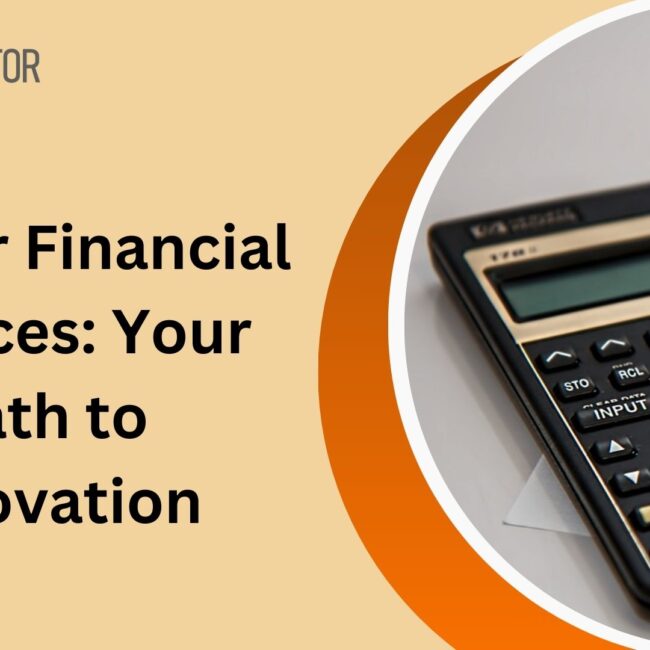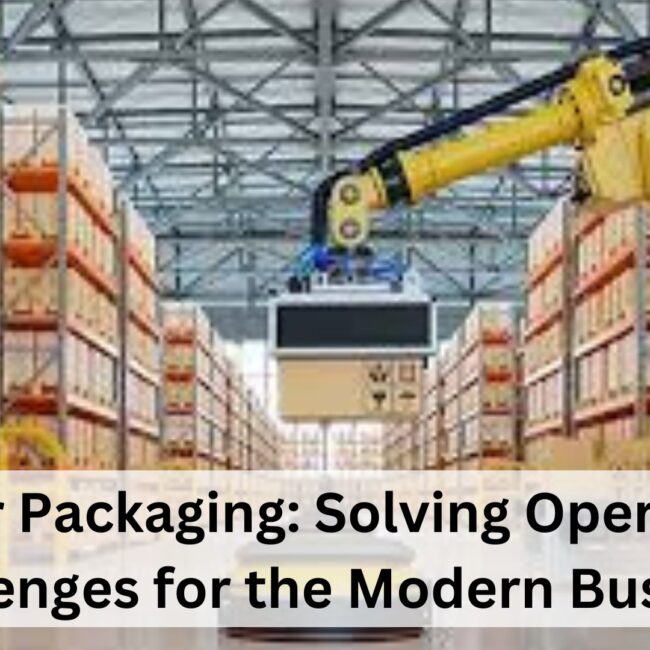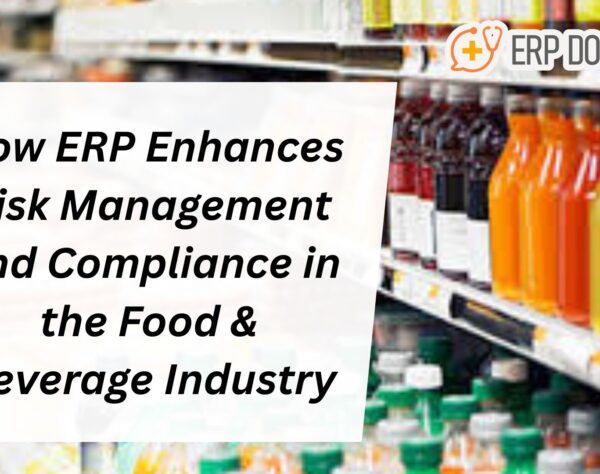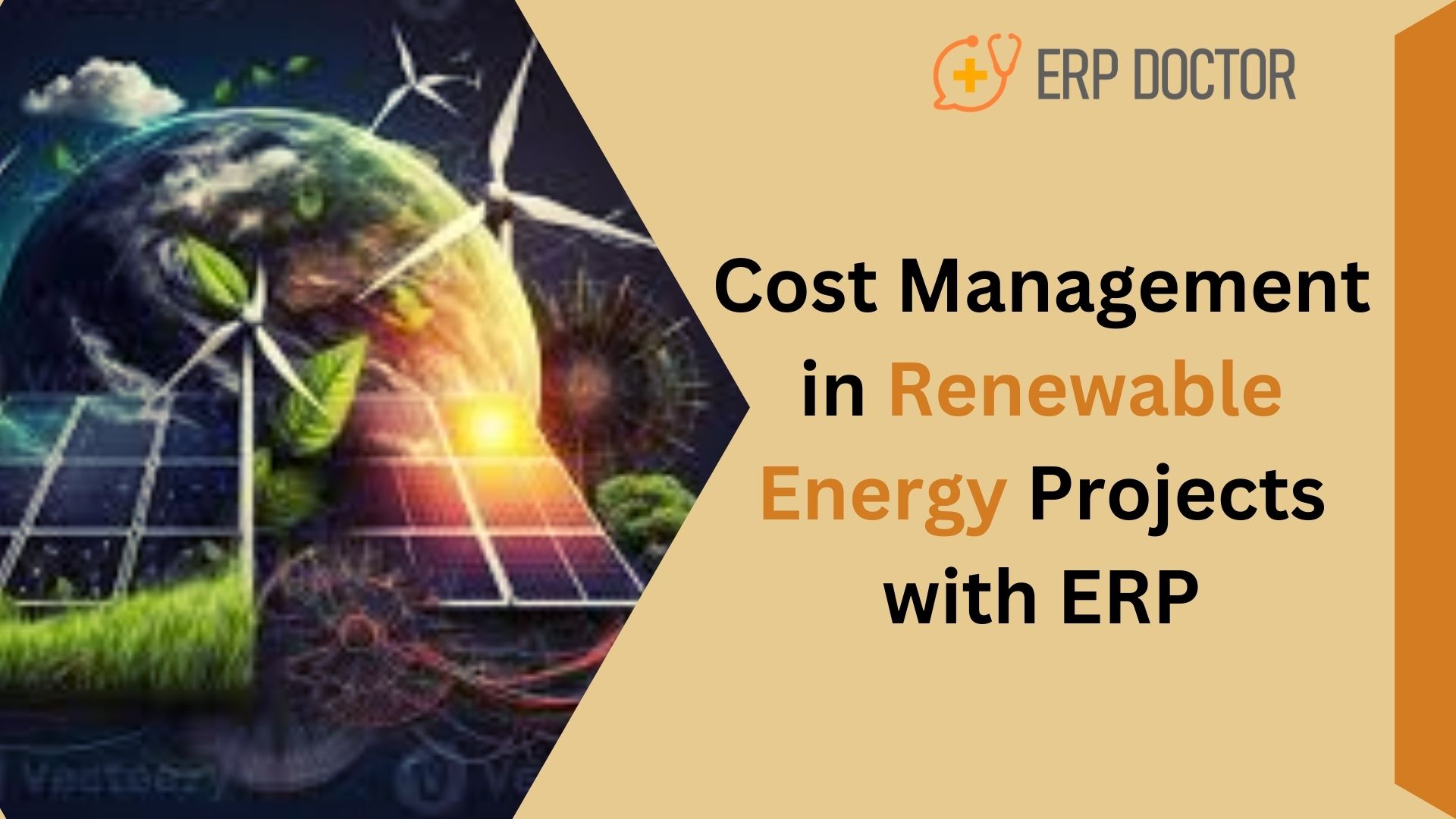
Cost Management in Renewable Energy Industry with ERP
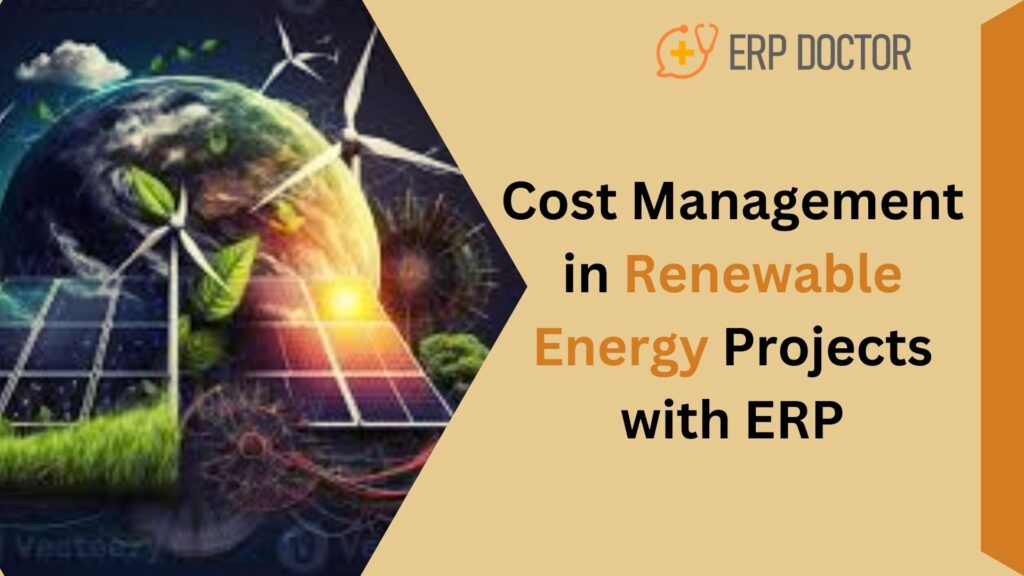
ERP Solutions for Renewable Energy: Managing Costs, Enhancing Productivity
The renewable energy industry is experiencing rapid growth, driven by global efforts to combat climate change and reduce reliance on fossil fuels. However, managing costs effectively remains a significant challenge in this sector. From procurement and project execution to maintenance and compliance, every phase involves financial intricacies that require precise oversight. This is where Enterprise Resource Planning (ERP) systems, such as SAP Business One (SAP B1), emerge as game-changers. SAP B1 ERP solutions streamline operations, optimize resource utilization, and enable robust cost management for renewable energy projects.
The Importance of Cost Management in Renewable Energy
Effective cost management is crucial for renewable energy projects due to:
- High Initial Investments: Solar farms, wind turbines, and hydropower plants require substantial capital investment.
- Long Project Timelines: Projects often span years, necessitating continuous budget tracking.
- Operational Complexity: Multiple stakeholders, contractors, and geographic locations increase the need for streamlined financial management.
- Regulatory Compliance: Adhering to environmental and energy regulations adds another layer of cost considerations.
Without robust cost management, even the most promising renewable energy initiatives can falter.
How ERP Solutions Enable Cost Management in Renewable Energy Industry
ERP systems integrate various business processes, offering real-time insights into project costs, resource utilization, and financial performance. Here are key ways ERP facilitates cost management:
Budgeting and Forecasting
ERP systems provide tools to create detailed budgets and forecasts. By consolidating data from procurement, resource allocation, and labor management, these systems ensure:
- Accurate cost estimation for project phases.
- Identification of potential cost overruns before they occur.
Procurement Optimization
Procurement in renewable energy involves purchasing equipment like solar panels, wind turbines, and batteries. ERP solutions:
- Centralize vendor management to ensure cost-effective sourcing.
- Enable bulk purchase planning to leverage discounts.
- Track procurement expenses against the budget in real-time.
Resource Allocation
Efficient resource allocation reduces wastage and ensures that labor, materials, and equipment are utilized optimally. ERP systems:
- Provide visibility into resource availability.
- Align resource allocation with project timelines.
- Automate workflows to prevent delays and associated costs.
Project Tracking and Reporting
ERP software offers tools to monitor project progress and financial health. Key features include:
- Real-time dashboards to track expenses and milestones.
- Automatic generation of financial reports for stakeholders.
- Alerts for deviations from the planned budget.
Compliance and Risk Management
Adhering to regulatory requirements is costly if not managed proactively. ERP systems:
- Automate compliance documentation.
- Monitor adherence to environmental standards.
- Mitigate risks by identifying and addressing potential issues early.
Maintenance and Lifecycle Cost Management
Renewable energy projects require long-term maintenance. ERP solutions help:
- Schedule and track maintenance activities.
- Predict lifecycle costs using historical data.
- Minimize downtime through proactive asset management.
FAQs About ERP for Cost Management in Renewable Energy Industry
Q1: What types of renewable energy projects benefit most from ERP systems?
A1: ERP systems are beneficial for all renewable energy industry, including solar, wind, hydro, and bioenergy. They are particularly effective for large-scale projects with complex operations.
Q2: How does ERP improve ROI in renewable energy projects?
A2: By optimizing procurement, streamlining resource allocation, and reducing operational inefficiencies, ERP systems lower overall project costs, thereby improving ROI.
Q3: Are ERP systems scalable for growing renewable energy companies?
A3: Yes, modern ERP solutions are highly scalable. They can adapt to the growing needs of companies as they expand operations and take on larger projects.
Q4: How long does it take to implement an ERP system in a renewable energy company?
A4: Implementation timelines vary based on the size of the company and project complexity. Typically, it takes 6 to 12 months for a full-scale ERP implementation.
Q5: What are the key features to look for in an ERP system for renewable energy?
A5: Essential features include project management, procurement tracking, compliance monitoring, resource allocation, and real-time reporting.
Q6: Can ERP systems integrate with renewable energy monitoring tools?
A6: Yes, many ERP solutions can integrate with monitoring tools to provide a holistic view of operations and financials.
Cost management is pivotal for the success of renewable energy projects, and ERP systems offer a comprehensive solution to address this challenge.
By implementing an ERP system, you’re not just upgrading your renewable energy projects – By integrating operations, automating workflows, and providing actionable insights, ERP systems empower renewable energy companies to optimize costs and achieve sustainable growth. Investing in the right ERP solution is not just a strategic decision but a necessary step toward long-term profitability in the renewable energy sector. Don’t miss out on the opportunity to supercharge your operations and take your business to the next level!
Ready to boost productivity with ERP? Implement ERP systems now and transform your business! Visit erpdoctor.in to get started!
Looking for expert guidance? Complete the form below, and we’ll get in touch with you shortly!


